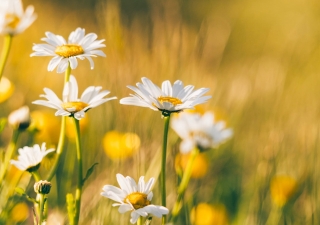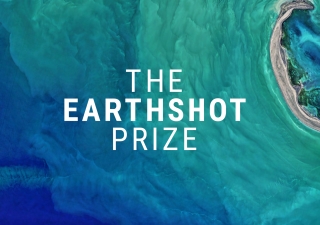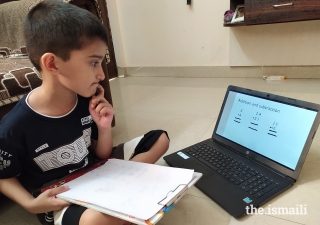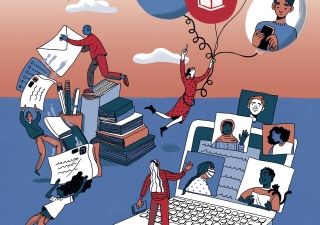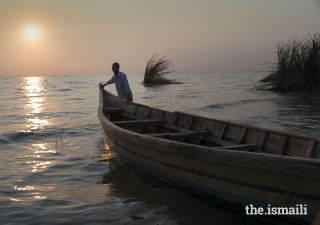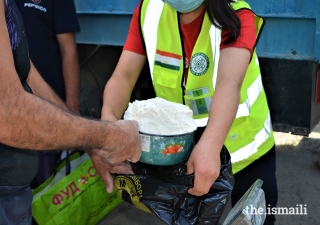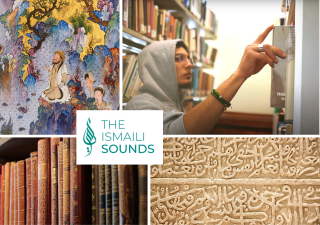News
Latest news and updates in Bangladesh
The Covid-19 outbreak has not only drastically affected healthcare systems, major economies, social interactions, education, and almost every aspect of normal human life, but has also brought about unexpected, unprecedented, and rather sudden changes in our lives, which most of us were probably not ready for. On World Mental Health Day, 10 October, we find out how to deal with these circumstances and strive towards healthy minds and healthy lives.
The Covid-19 crisis has only added to our pre-existing stresses and worries. With new lifestyle changes, unusual working environments, and restrictions on social interactions, the pandemic has caught us off guard and unprepared. Although many of us are adjusting to a new normal, it is quite natural to feel overwhelmed and experience burnout. What can we do to help? Here are some tips to try out.
The most prestigious global environment prize in history is being launched today by Prince William with the Aga Khan Development Network as a Founding Partner. The Earthshot Prize aims to encourage large-scale change over the next 10 years — a critical decade for the Earth.
The Ismaili is pleased to present Badle gi, performed by Fitoor the Band. The song’s lyrics represent a monologue influenced by the current pandemic. It touches on how human actions — often driven by greed and self-interest — have negatively impacted the natural environment and our own wellbeing, and expresses hope and optimism that things will now change for the better.
Responding to crises often requires us to think quickly; providing agile and adaptable solutions that can evolve with a changing context. In India, when the pandemic forced the closure of schools and Religious Education Centres, AKEB and ITREB in India took their learning programmes online for the first time ever.
This year’s theme for World Habitat Day, Housing for All: A Better Urban Future, is an opportunity to reflect on the state of housing in our towns, cities, and communities, exploring how we can build stronger, more resilient settlements.
Since the announcement of lockdowns earlier this year, Bait-ul Ilm centres quickly transitioned to an online learning model. This has significantly impacted the routines of students and teachers as they experiment with new ways of working and communicating. To mark World Teachers’ Day, 5 October, we spoke to IIS-trained secondary Religious Education teachers around the world to find out how they have adapted.
In celebration of World Teachers’ Day, The Ismaili presents a new short film featuring Bait-ul Ilm teachers and students in the UK jurisdiction Jamat, discussing the value of Religious Education and the recent adaptation to online classes.
Life is dependent on a healthy environment, not least for people in the developing world, and the wildlife whose habitats are under threat. For a long time, nature has needed a voice, and thanks to a group of young filmmakers trained and supported by the Aga Khan University, that voice is beginning to be heard.
The Aga Khan Agency for Habitat (AKAH) and Focus Humanitarian Assistance (FOCUS) have been working to ensure that Pakistan and Tajikistan’s most vulnerable communities, volunteers, and patients have access to information, food, and essential supplies needed at this crucial time.
Across the world, education has been one of the most severely disrupted areas in the wake of the ongoing coronavirus pandemic. Through the introduction of various online initiatives, the Aga Khan Economic Planning Board (AKEPB) in India has invested in upskilling for teachers, to help them navigate the new world of online education.
The Ismaili is pleased to present Calmate, performed by Hip-Hop artist Fidah, who in this song explores the balance between faith and world, and encourages open conversation on the existential questions of life.


